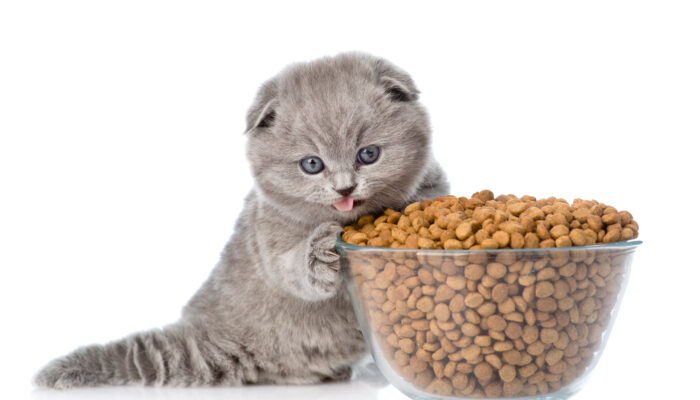
Healthy Eating Guidelines for Menopause
Menopause marks the end of the last menstrual period, and on average, starts between the ages of 45 and 55. A woman’s body goes through a lot of changes during this time, both physically and emotionally. The symptoms of menopause can differ, but things like hot flashes, cramps, headaches, nausea, loss of appetite, weakness, and mood swings are common. It is vital to take proper care of oneself during this period.
Menopause happens due to the decline of estrogen and progesterone hormone in the body. The fertility of the ovaries decreases due to low levels of reproductive hormones. As a result, women tend to become disinterested in sex. Due to hormonal changes, women go through anxiety and panic disorders along with mood swings. Occasionally, they also tend to suffer from problems like lack of moisture in the vaginal area, allergies, and brittle nails. Weight gain and bloating is a big concern during menopause.
To deal with these, doctors usually recommend women to ensure their intake of nutrients is more than adequate, they are getting enough exercise, and are leading a healthy lifestyle. A huge part of how a woman feels during the menopausal period is tied to the food eaten. Food items low in nutrients may taste great, but they do not help the body cope with all the changes brought about. Options such as whole grains are linked to a decreased risk of diseases like cancer and can help postmenopausal women reduce the risk of an early death by 17%, according to a study.
Below are some similar dietary tips for women undergoing menopause:
1. Increase the consumption of calcium
The body loses out a lot of calcium during menopause. So the intake of foods rich in calcium is advisable.
2. Take iron supplements
Since the body loses a considerable amount of iron, iron supplements are mandatory for the individuals.
3. Consume fiber-rich foods
The consumption of foods rich in fibers like cereals, rice, pasta, fresh fruits, vegetables, etc is a must.
4. Increase the intake of water
Staying hydrated is one of the important dietary tips for women going through menopause as this can help decrease dryness and symptoms of bloating.
5. Never skip a meal
Do not ever skip any meals as this can further weaken the body and add to mood instability.
6. Avoid sugar-rich food items
Lower the consumption of sugary foods such as chocolates, desserts, and even sugary beverages.
7. Lower the intake of salt
Restrict the intake of salt as it raises cholesterol and can increase the risk of heart diseases.
8. Decrease alcohol intake
Limit the amount of alcohol consumption such it leads to dehydration.
9. Look for the foods that trigger
Control the foods that may trigger pain or mood swings.
10. Avoid spicy foods
Restrict the consumption of caffeine and spicy foods.
11. Include fatty acids and vitamin D in the diet
Take vitamin D supplements regularly and in case the consumption of fish is not enough, include omega-3 supplements in the diet plan.
Following these dietary tips for menopause can help a woman have a smoother transition period and will allow the body to recuperate from the changes faster, and have fewer side effects of said changes.




